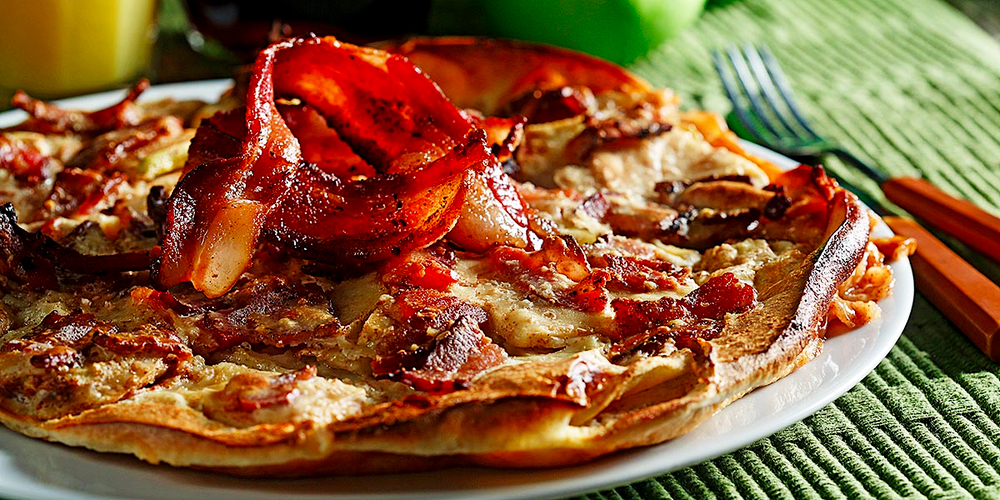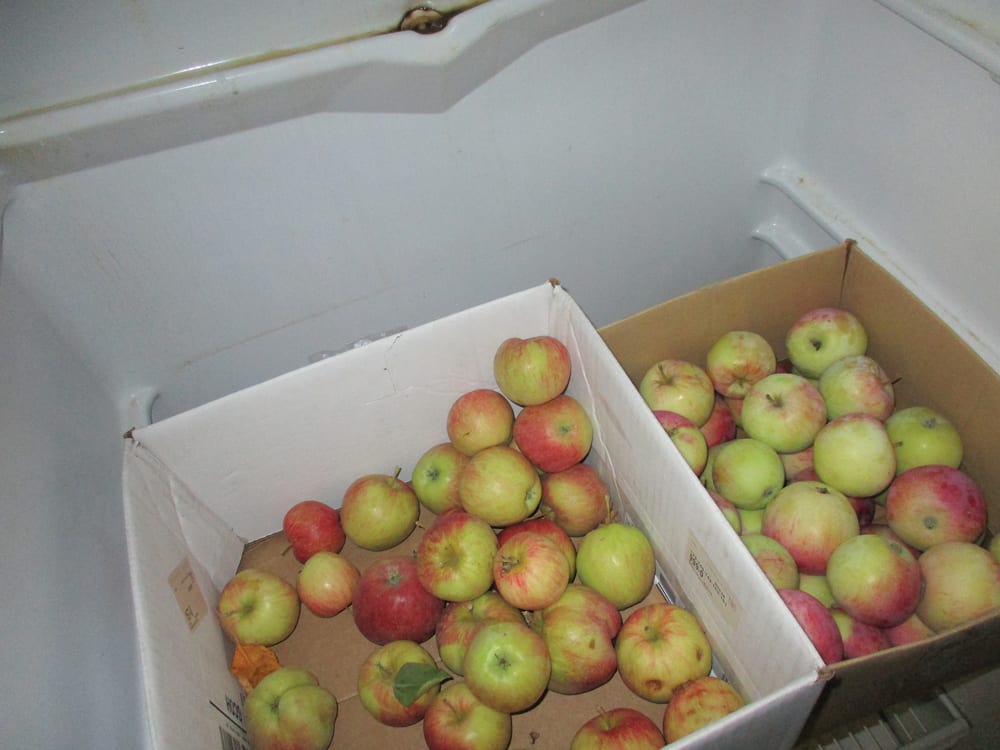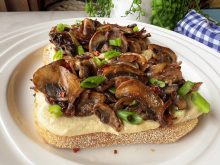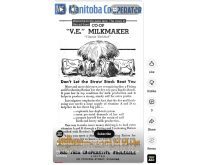Tasting notes of tequila, lime, strawberry and… horse blanket?
Think hayloft, not manure, says Dead Horse Cider founder Marcus Wiebe. He ushers a Manitoba Co-operator reporter over to the taps in the Winkler cidery’s sun-dappled tasting room.
After tasting the funky crispness of the Backyard Blend, made entirely from local apples, it makes sense.
Read Also
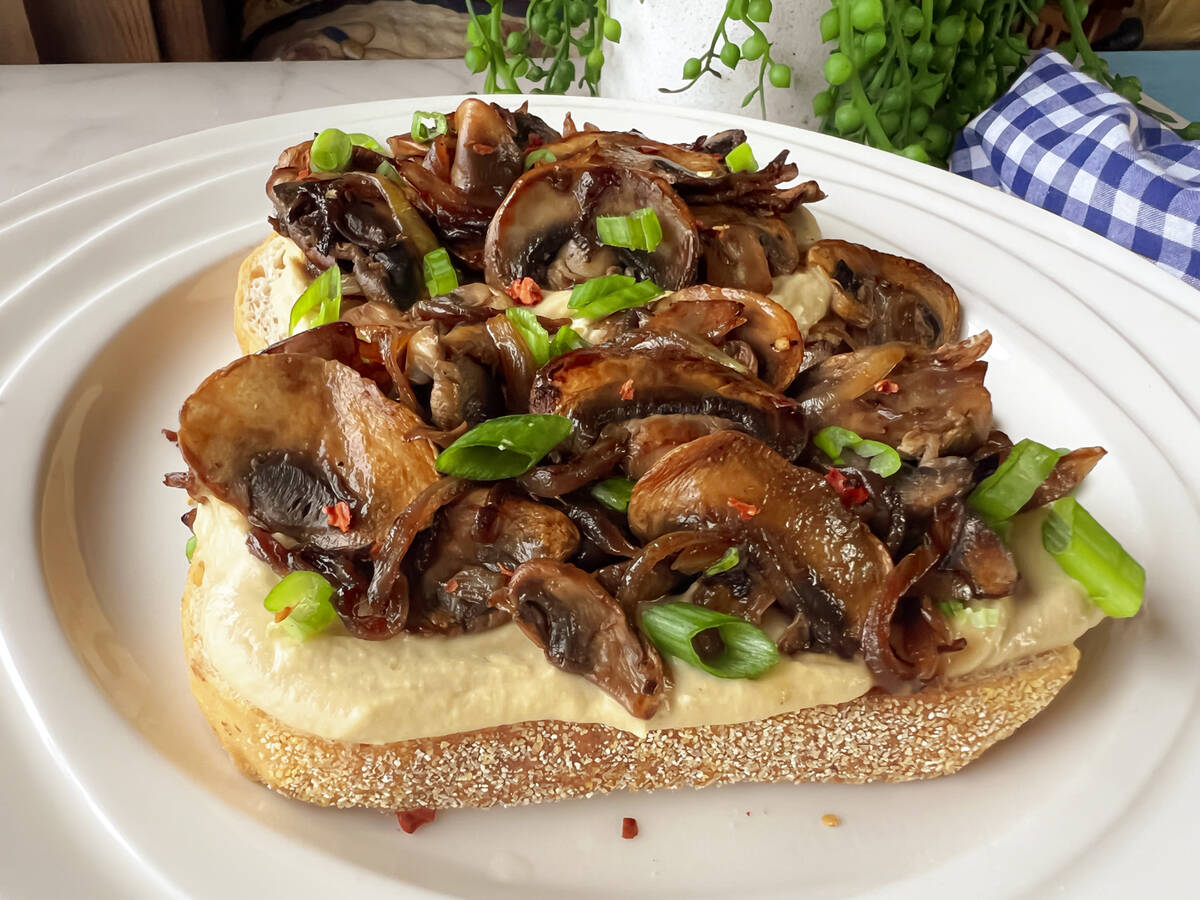
Use-it-up meals stretch the post-holiday menu
Leftovers and extra food abound in the first weeks of January. Give your kitchen a winter reset, clean out the fridge and save on your grocery bill
There is something reminiscent of a barnyard in it — and it’s kind of tasty.
Born in a pumpkin patch
Dead Horse Cider Co. opened its taproom this May.
Inside, it’s vintage furniture with a backdrop of wooden barrels with future reserve ciders aging inside. Outside, it’s a patio and fireplace surrounded by a fledgling apple orchard.
On the Friday the Co-operator visited, Wiebe, cider maker and sommelier Matt Zacharias and staff were preparing for the arrival of a guest chef who’ll be serving steak tacos.
Wiebe called it a “cool, west-coast kind of experience.”
But what’s now the cidery was once something very different: space for processing pumpkins.

Wiebe bought the farm in 2011. It was formerly the family farm, which his dad sold in the early 2000s.
With 120 acres to work with, Wiebe needed to grow high-value crops. He put in peas, corn, beans and pumpkins.
However, when the company contracted to buy those pumpkins failed, Wiebe was forced to pivot.
In 2016, he bought an apple press and began pressing fresh apple juice. In the process, he realized how many apple trees were grown in Manitoba.
Meanwhile, the juice would sometimes start to ferment in the cooler. Fresh, natural apple juice doesn’t keep forever. Wiebe was trying to sell some to breweries when he met Saskatchewan cider maker Peter Reimer, who advised him to branch into the hard beverage business.
With his mentor’s help and some formal study at Oregon State University, Wiebe and his family took the leap of faith and began Dead Horse Cider Co.
Sourcing local
Wiebe knew many Manitoba apples were going to waste, so he sought out orchards and even backyard trees.
Prairie apples make good cider, Wiebe said. Cideries look for tannins and acid in their fruit. In other words, sour apples. Crabapples are cider stars.
Dead Horse Cider has pickers who will go out looking for apples. It will also pay 35 cents a pound for any that show up on the doorstep.
Last year, a poor year for apples, the cidery bought about 75,000 pounds of Manitoba apples. In 2020, it bought 100,000 pounds. It imports juice from British Columbia to make up any shortfall.
The heterogenous nature of local fruit makes for fun opportunities. For instance, one homeowner brought russet apples. ‘Russeting’ refers to a dull and rough brown finish.
The fruit had an almost nutty flavour that was concentrated by the porous skins, Wiebe recalled. Dead Horse Cider used the apples in one of its ‘one-off’ specialty ciders.
These specialty drinks allow for creative freedom and a little alchemy.
The barrels at the back of the taproom were previously used to age other liquors, so they’re infused with flavours like peach brandy or tequila.
Wiebe and Zacharias select barrels with flavours that sound good with cider, then age product in the barrels so it draws out that residual taste.
While Dead Horse Cider’s core products are sold in Liquor Marts, the one-off specials and ‘reserve line’ are kept for the taproom or direct sales.

Gaining momentum
Wiebe started making cider on the side while farming vegetables. Today, veggies are a thing of the past.
“It was good, but it was lots of work,” Wiebe said.
After ‘bootstrapping’ for the first little while, making cider in plastic totes and hand-bottling, the company has come into its own. It took home three medals in the 2021 Great Lakes International Cider and Perry Competition, including best in class with its “Life is Rose” reserve cider. It won gold with its “Cherry On” cider.
Wiebe went from never making cider to having a cider company in four months. One doesn’t want to tell a farmers’ market customer, “yeah, I’ve never made this before,” Wiebe said. But, with awards under his belt, he said it was probably safe to admit that now.
The plan remains the same — making honest, tasty cider.
“It’s always fun,” Wiebe said.
A cide(r) note on apple history
Did you know that the Johnny Appleseed of children’s stories and summer camp songs was probably planting apples to be used for booze?
Dead Horse Cider founder Marcus Wiebe mentioned this as the Co-operator toured his orchard, and it sparked inquiry.
John Chapman, born in 1774 in Massachusetts, has been mythologized as a sort of “magical Santa Claus responsible for all of the apples (sic) trees planted across Ohio,” a JSTOR article notes, quoting a historical source.
Encyclopedia Britannica calls him an “American missionary nursery man of the North American frontier” who supplied apple tree nursery stock throughout the American Midwest. Chapman was a missionary, by the way, of Swedenborgianism, which use the teachings of the Swedish mystic Emanuel Swedenborg, the same article says.
His obituary in the Fort Wayne Sentinel described Chapman as “well known through this region by his eccentricity and singular garb.”
His outfit included a coffee sack with a hole for the neck, and waists of four pairs of pants “shingled” around him — whatever that means.
If kids picture him planting trees of Gala, McIntosh and Golden Delicious, however, they’d be wrong.
“Seed tree apples, such as the ones Johnny Appleseed planted, were acidic with high tannin content and good for little but making hard cider,” the Indianapolis Star wrote in 2018.
In Chapman’s era, water and milk were often unsanitary. Cider was a trusted beverage and kids drank it.
The Temperance movement, which gained steam throughout the 1800s and perhaps culminated with Prohibition in the 1920s, probably undid a lot of Chapman’s work.
“Orchards were destroyed or burned to the ground by temperance zealots,” the Star reported.
After the repeal of Prohibition, many producers of hard cider didn’t resume production.





